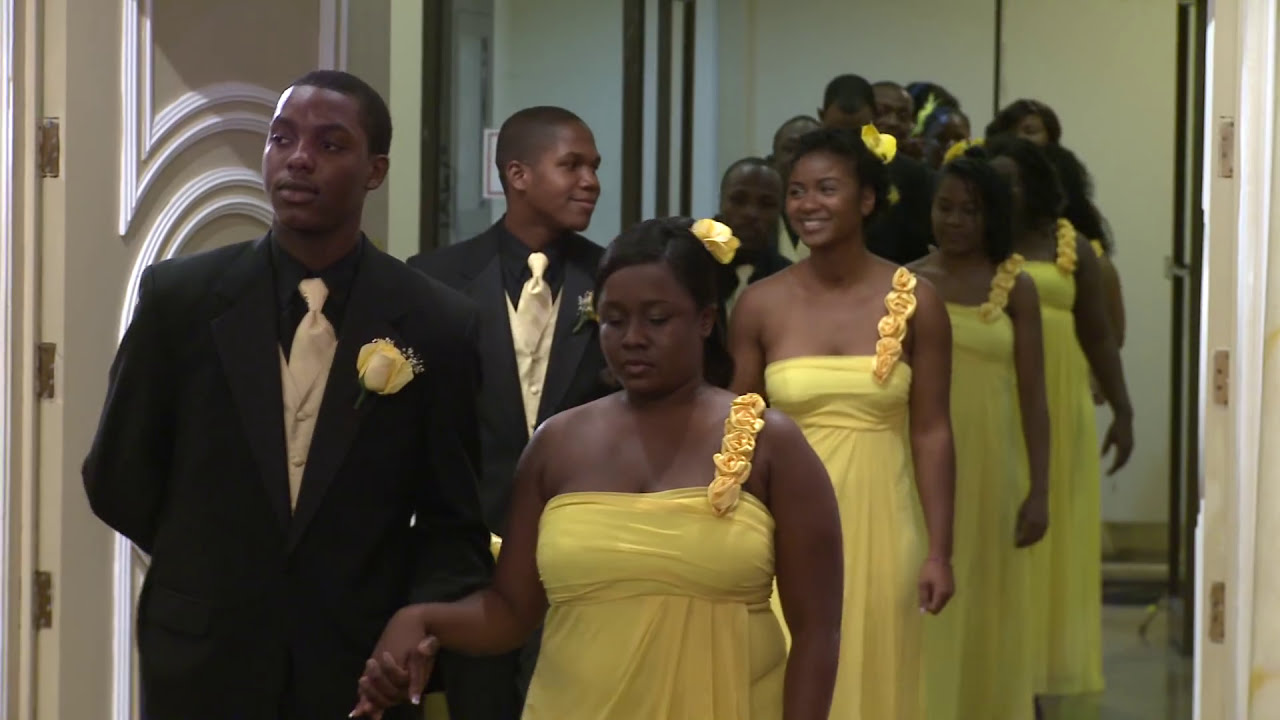Haiti is a country in North America with over 11 million people, the vast majority of which is Christian. Its colonial history, geographical characteristics, and demographics all combine to form a unique culture with memorable and diverse traditions.
Overall, Haitian wedding traditions showcase the community-oriented nature of Haitian culture. These traditions include wedding invitations through word of mouth, three-hour ceremonies, and a reception that is full of dancing and food. Below are 13 Haitian wedding traditions, along with their explanations and significance.
Delightful Haitian Wedding Traditions
1. No Formal Wedding Invitations
This Haitian wedding tradition is more commonly found in the countryside. Instead of investing in wedding invitations, whose costs can quickly add up, the couple invites their guests through word of mouth. This is a more intimate and effortful way of sharing the good news, allowing the couple to bond with their guests even before the ceremony.
2. The Groom’s Family Pays for the Wedding
Typically, the groom and his family cover most, if not all, of the wedding expenses. The bride’s family is free to contribute to the wedding budget if they are able to do so.
In other cases, couples start living together and building their family before they get married. Over time, they build up their savings. They will only start planning their wedding once they have enough money for the ceremony of their dreams.
3. Choreographed Processionals
4. The Important Roles of a Best Man and Maid of Honor
More than helping with wedding planning and providing support for the couple, the best man and maid of honor have a lot of responsibilities on their plate. For that reason, they can share the center stage with the couple on their special day. This includes walking down the aisle with them and sitting with them during the ceremony.
Moreover, they also act as witnesses to the marriage. They sit behind the groom and when it is time to do so, sign the marriage license. This license solemnizes their commitment and gets the government to recognize their union.
5. Groom Leads the Way
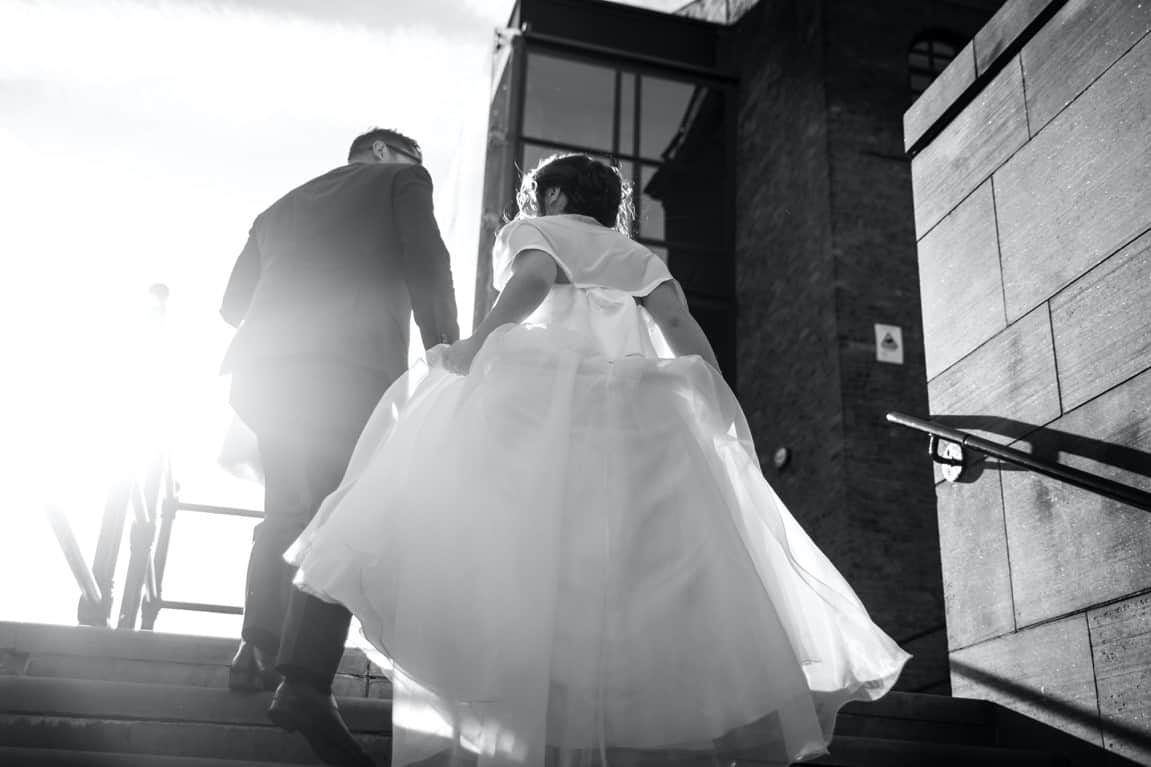
This Haitian wedding tradition is also more commonly observed in rural and countryside areas. The couple walks from their home to the venue of the wedding, usually a church. The groom leads the bride, and they are followed by bridesmaids and the rest of the guests.
6. Three-Hour Ceremonies
Depending on where the wedding is held, the ceremony itself can span over three hours. This is a sharp contrast to the typical length of a Catholic wedding, which is 60 minutes. Church weddings feature performances from numerous church choirs, as well as a complete sermon from the pastor officiating the ceremony. Friends and family members may also volunteer to read some poetry during the ceremony.
7. Dressing like the Newlyweds
In Haitian weddings, some couples emulate the bride and groom’s outfits on their special day — albeit less fancily and elegantly. These pairs are typically younger than the newlyweds, and they do not necessarily have to be in a relationship. They are referred to in various names, including “annonceuses” meaning announcer, prince and princess, and king and queen.
This is reminiscent of the Puerto Rican wedding tradition of placing a doll dressed up as the bride on the main table. Both traditions serve as an indicator of the couple and their families’ economic status; in Haitian wedding tradition, the number of pairs dressed like the newlyweds is directly proportional to the hosts’ or financiers’ wealth.
8. Dancing the Night Away
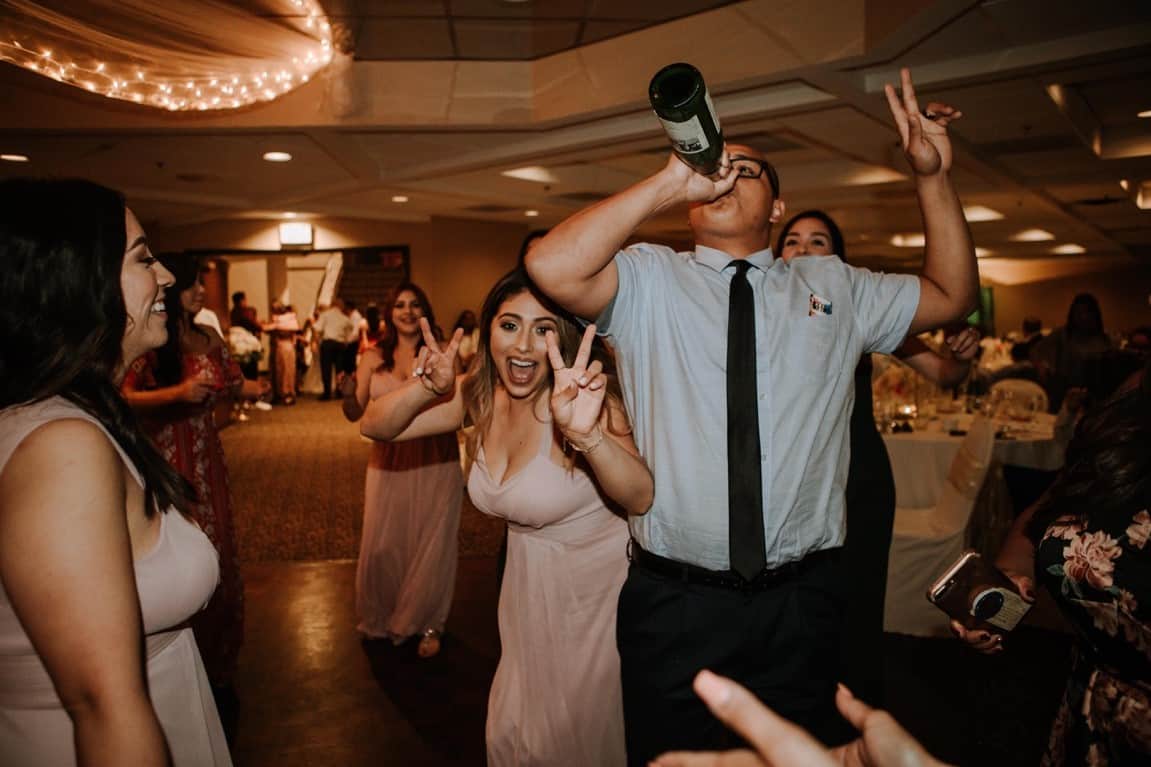
The end of the ceremony is marked by dancing; however, this only signals the beginning of a long night of entertainment. Much like other receptions in other cultures, it is a Haitian wedding tradition to dance for hours on end during the reception.
9. Reception Food
The reception is a huge feast with an abundance of food. This is, in part, because many Haitian wedding receptions take place in private homes. Hiring a catering service is not common; instead, the couple’s families prepare the food all by themselves. Here are some dishes you can expect to see at a Haitian wedding:
- Tasso Béf (beef chunks)
- Tasso Kabrit (goat chunks)
- Baked chicken
- Baked fish
- Fried fish
- Ke Béf (oxtail)
- Different kinds of stew (chicken, turkey, or goat)
- Patè
- Meatballs
- Pastry
- Kabobs (shrimp or beef)
- Banann Peze (plantains)
- Baked macaroni
- Green salad
- Strawberry Popi seeds
- Lemonade
- Passion fruit juice
10. The Wedding Cake Is for the Couple Only
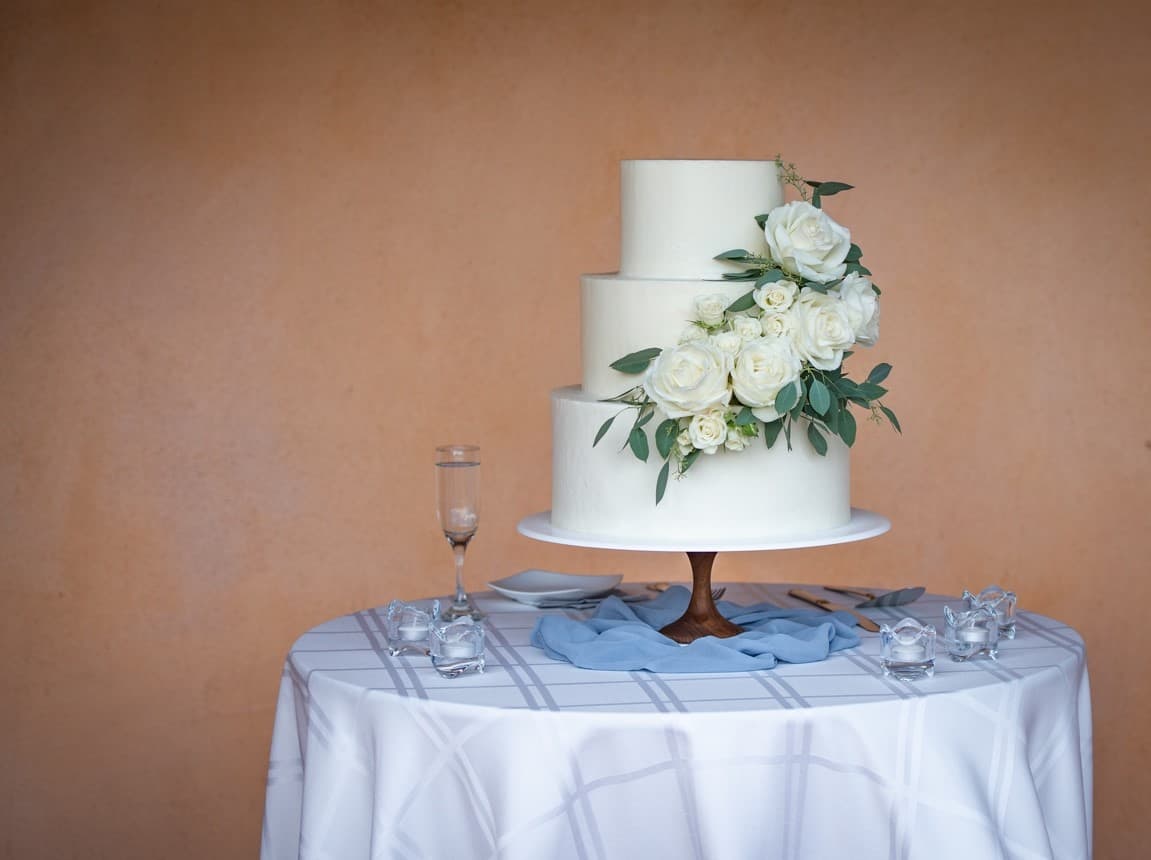
Unlike other cultures in which the cake-cutting ceremony is a major part of the reception, it is a Haitian wedding tradition for the cake to be sent to the newlyweds’ home unsliced. They then enjoy the cake for several days after their wedding. It is a lot of cake for two people, but that simply means there is more for them to savor.
11. Reception Table
Usually, only the newlyweds and their witnesses get a table at the reception. The rest of the guests take a seat on the chairs organized in front of the table. These chairs are lined up like church pews.
12. Giving Gifts at the Reception
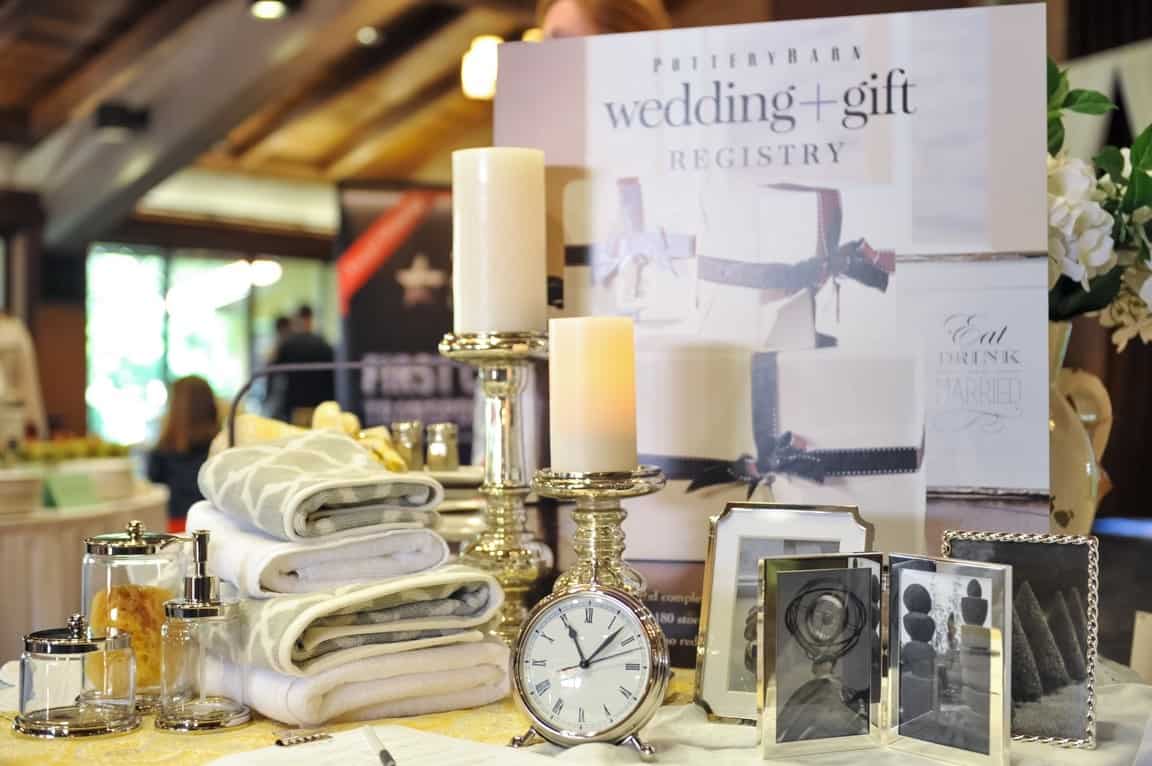
Guests hand their gifts to the couple during the reception; gifts can be sentimental, practical, or a mix of both. However, it is generally considered tactless or improper to give a cash gift to the newlyweds. Sometimes, a cash gift may even be viewed as downright disrespectful.
13. Cremas
Cremas — also spelled as Kremas or Cremasse — is a Haitian drink that is regularly served at holidays and social gatherings. As the beverage’s name denotes, it has a creamy consistency and off-white or beige color, making it look like a milkshake. It is best paired with a sweet pastry, which is also a staple in Haitian wedding reception food.
It is important to note that Cremas are only for adults, as one of their main ingredients is rum. Not only are they served as a beverage during the reception, but they can also be given to the guests as a wedding favor.
Final Thoughts
The delightful and community-centric traditional Haitian wedding traditions celebrate not only the love between the couple but also honor familial and community bonds. Each tradition, from informal invitations to lively receptions, reflects the vibrant, warm, and inclusive spirit of Haitian culture, offering a unique and memorable wedding experience for all.
